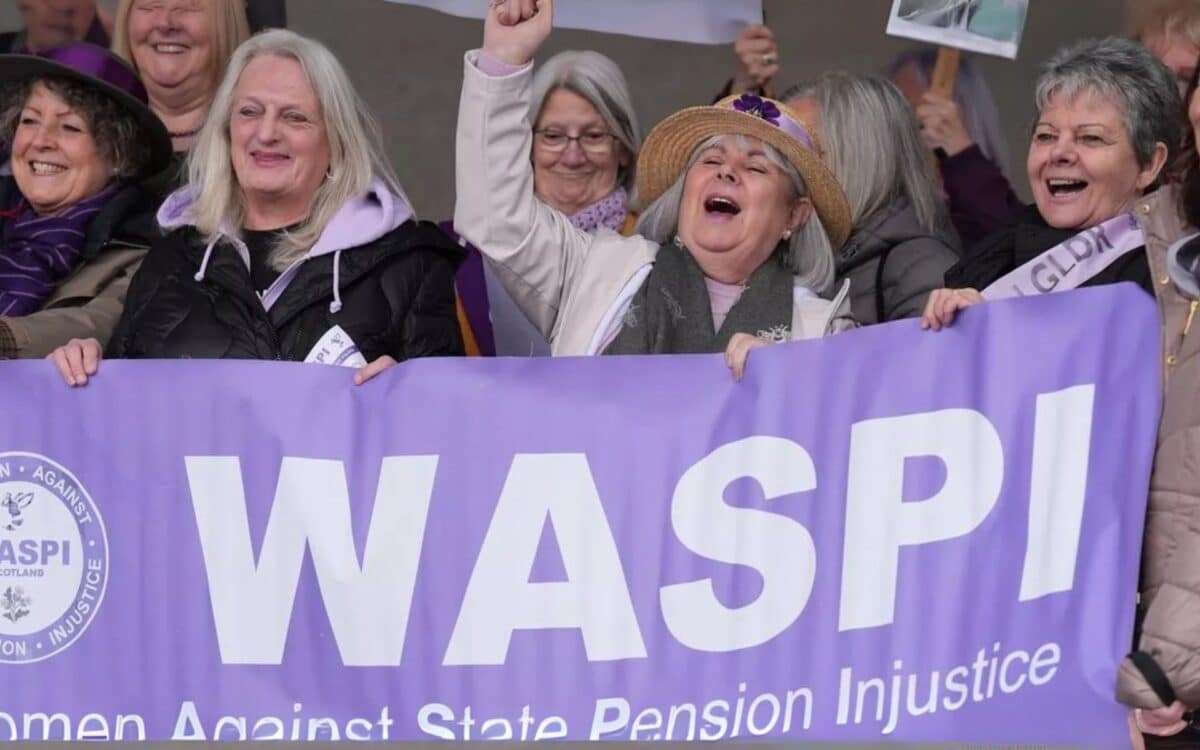In a recent statement, Liz Kendall, Secretary of State for the Department for Work and Pensions (DWP), addressed the decision to deny compensation to WASPI women—3.5 million women affected by delayed state pension payouts due to the rise in the State Pension age.
This decision relates to women born between April 6, 1950, and April 5, 1960, whose pension age was increased under various pension reforms over the years. Kendall outlined the DWP’s rationale, emphasising broader support measures and rejecting compensation proposals.
Pension Age Increases and the Impact on WASPI Women
The issue stems from changes to the State Pension age through the Pensions Act 1995 and the Pensions Act 2011. The 1995 Act raised the retirement age for women from 60 to 65, aligning it with that of men. The 2011 Act further raised the pension age for everyone from 65 to 66. Despite these changes, the DWP was found to have provided adequate notice for the 2011 increase, according to a 2024 report from the Parliamentary and Health Service Ombudsman.
Key points include :
- The adjustment was not sufficiently communicated, leading to complaints from women who did not receive enough notice.
- The 2011 Act’s increase from 65 to 66 was seen as being better communicated, with sufficient notice provided.
Ombudsman Report and the Compensation Proposal
The Parliamentary and Health Service Ombudsman’s March 2024 report investigated the complaints from WASPI women, concluding that the DWP should have provided at least 28 months of additional notice. The Ombudsman recommended compensation based on the level four scale of injustice remedies.
- Payouts would range between £1,000 and £2,950 per person.
- The total cost of compensation could range from £3.5 billion to £10.5 billion.
- The report emphasised the financial hardship faced by the women due to the delay in receiving their pension benefits.
Government Response : No Compensation Package
In her statement, Liz Kendall explained the government’s refusal to provide compensation, citing two key reasons. First, research indicates that many women were aware of the increasing State Pension age. For example, research conducted in 2004 revealed that:
- 43% of women over the age of 16 were aware of the pension age rise.
- In 2006, research showed that 90% of women aged 45-54, which includes many of the affected women, knew about the changes.
Second, Kendall argued that sending earlier letters would not have significantly impacted awareness. Government research shows that only 25% of people who receive unsolicited letters actually remember reading them, casting doubt on the effectiveness of earlier communication.
Financial Implications of Compensation
The government rejected the idea of providing a flat-rate compensation package, citing both cost and practicality concerns. Kendall noted that a compensation scheme based on individual circumstances would be administratively complex and time-consuming, particularly with 3.5 million potential claims. She explained that:
- The Ombudsman’s investigation of six sample complaints took nearly six years to complete.
- Creating a similar scheme for millions of women would require significant resources.
- A flat-rate compensation scheme offering £1,000 to £2,950 per person would cost between £3.5 billion and £10.5 billion.
- The government believes this cost would not be a fair or proportional use of taxpayers’ money, particularly given the £22 billion budget deficit left by previous administrations.
Broader Government Support for Affected Women
While rejecting the compensation, Kendall stressed that the government is committed to providing broader support for the affected women. She highlighted several key initiatives:
- The protection of the pension’s triple lock, ensuring the State Pension will increase by up to £1,900 annually by the end of the current parliamentary term.
- A £22 billion funding boost to the National Health Service (NHS) over the next two years, which will help improve healthcare access, a key concern for many affected women.
- Initiatives aimed at improving employment prospects, housing access, and financial well-being, which are intended to provide more sustainable support than a one-time compensation payment.
The government’s decision not to compensate the WASPI women has deceived many, especially given their financial struggles. However, the government believes broader support measures in healthcare, finance, and employment offer a more practical solution, aiming to address systemic issues without overburdening the public budget.








